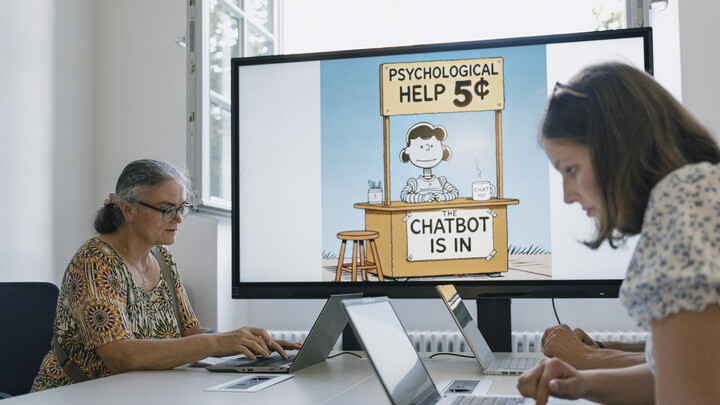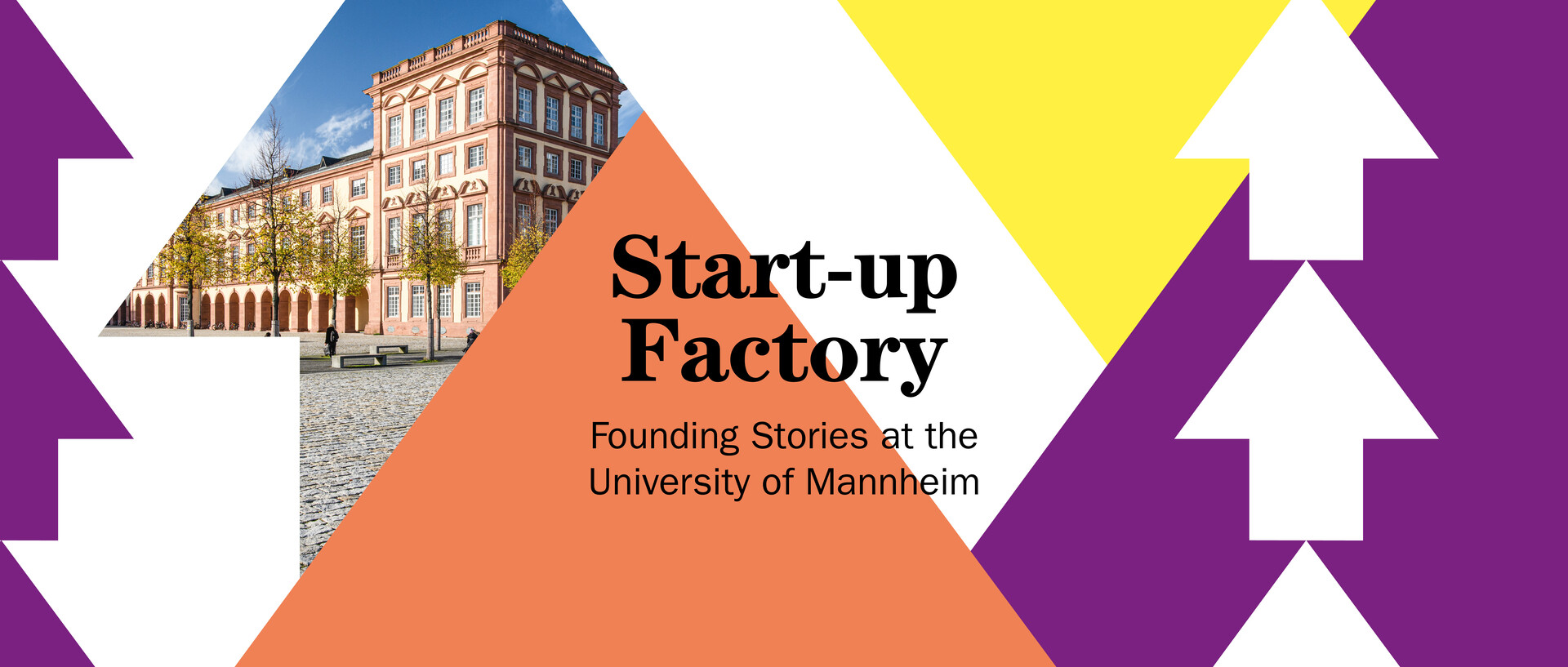Using AI to Navigate Personal Crises
Can a chatbot be empathetic? A research team led by psychologist Georg W. Alpers is exploring this question—with the help of Carl Botgers, a specially trained chatbot.

The world is changing—new technologies, societal shifts, professional challenges are all taking a toll on mental health. A research team at the University of Mannheim, led by Professor Georg W. Alpers, Chair of Clinical and Biological Psychology and Psychotherapy, is studying this issue as part of the TransforMA project. With their chatbot, Carl Botgers—a tongue-in-cheek nod to the influential psychologist Carl Rogers—they aim to better understand the psychological effects of such transformations and explore the chatbot’s potential as a practical support tool.
“So-called large language models (LLM) are one of the most exciting innovations in recent years,” explains Larisa Czajka, a doctoral researcher on the project. “These AI systems can generate remarkably well-written text.” Such models are widely used in business and research and are now being explored for psychological counseling. “Chatbots can be great conversational companions for people who find it difficult to talk. Plus, they’re available 24/
Still, one major concern persists: the lack of emotional intelligence. “Chatbots simply lack the human touch in conversations,” says Alpers. This led his team to ask: Can AI learn empathy? “Our goal with Carl Botgers is to explore how a standard chatbot can be trained to interact more empathetically.”
At the 2024 Schlossfest, Carl Botgers made its debut, allowing visitors to engage with the chatbot anonymously and share their concerns. “The feedback was overwhelmingly positive,” says Czajka. “Many found the conversations helpful. Some could even imagine using the chatbot as a first point of contact or for stress management.” For the research team, the results were clear: the approach is promising, and Carl Botgers will continue to be refined. “We hope to develop it into a truly helpful conversational companion,” Czajka adds.
About the TransforMA project
TransforMA is a five-year joint project of the University of Applied Sciences Mannheim and the University of Mannheim, funded by the German Federal Ministry of Education and Research (BMBF) as part of the “Innovative University” funding initiative. The project aims to establish itself as a center of expertise on transformation issues and actively drive change in Mannheim and the Rhine-Neckar metropolitan region through dialogue-based knowledge transfer. It focuses on five key areas, addressing topics such as responsibility and sustainability, partnerships with business and society, and technological advancements.
Text: Editorial Team / April 2025
